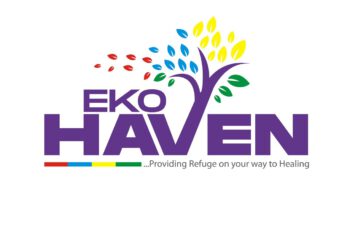The Lagos State Government has filed an appeal before the Supreme Court challenging the Court of Appeal’s judgment that nullified the sexual assault conviction of Dr. Femi Olaleye, Managing Director of Optimal Cancer Care Foundation.
Dr. Olaleye, a medical practitioner, was charged with child defilement and sexual assault by penetration. In October 2023, the Lagos Special Offences and Domestic Violence Court convicted him and sentenced him to life imprisonment.
However, in November 2024, the Court of Appeal overturned the conviction, citing errors in the lower court’s judgment. The appellate court deemed the prosecution’s evidence to be “tainted” and “unreliable,” leading to Dr. Olaleye’s acquittal.
In an appeal signed by Dr. Babajide Martins, Director of Public Prosecutions (DPP) at the Ministry of Justice, Alausa, Ikeja, and received on December 27, 2024, the Lagos State Government urged the Supreme Court to overturn the Court of Appeal’s judgment delivered on November 29, 2024.
The government also sought “an order of this honourable court affirming the conviction and sentences of the respondent by the Trial Court in charge of ID/20289C/2022.”
The state argued that “the Defendant/Respondent is not in custody, having been discharged and acquitted by the Court of Appeal from the conviction and life sentence imposed by the High Court of Lagos State for the offences of sexual assault by penetration and defilement of a child.”
The government further stressed that the Court of Appeal judges erred in law by disregarding Section 209 (2) of the Evidence Act, 2011, as well as the Supreme Court’s precedent in Dagaya v. State (2006) LPELR 912 (SC), which states that the sworn evidence of a child above 14 years does not require corroboration.
The appeal document argued:
“By virtue of Section 209 (1) of the Evidence Act, 2011, a child under the age of 14 years shall not be sworn before giving evidence in any proceeding, and by virtue of subsection (3), their evidence must be corroborated by other material evidence implicating the defendant to secure a conviction.
“However, PW2 gave sworn evidence as a child above 14 years old, and statutory corroboration of her evidence is not required under Section 209 (2) and (3) of the Evidence Act, 2011, as upheld in Iko v. State (2001) LPELR 1480 (SC).”





















